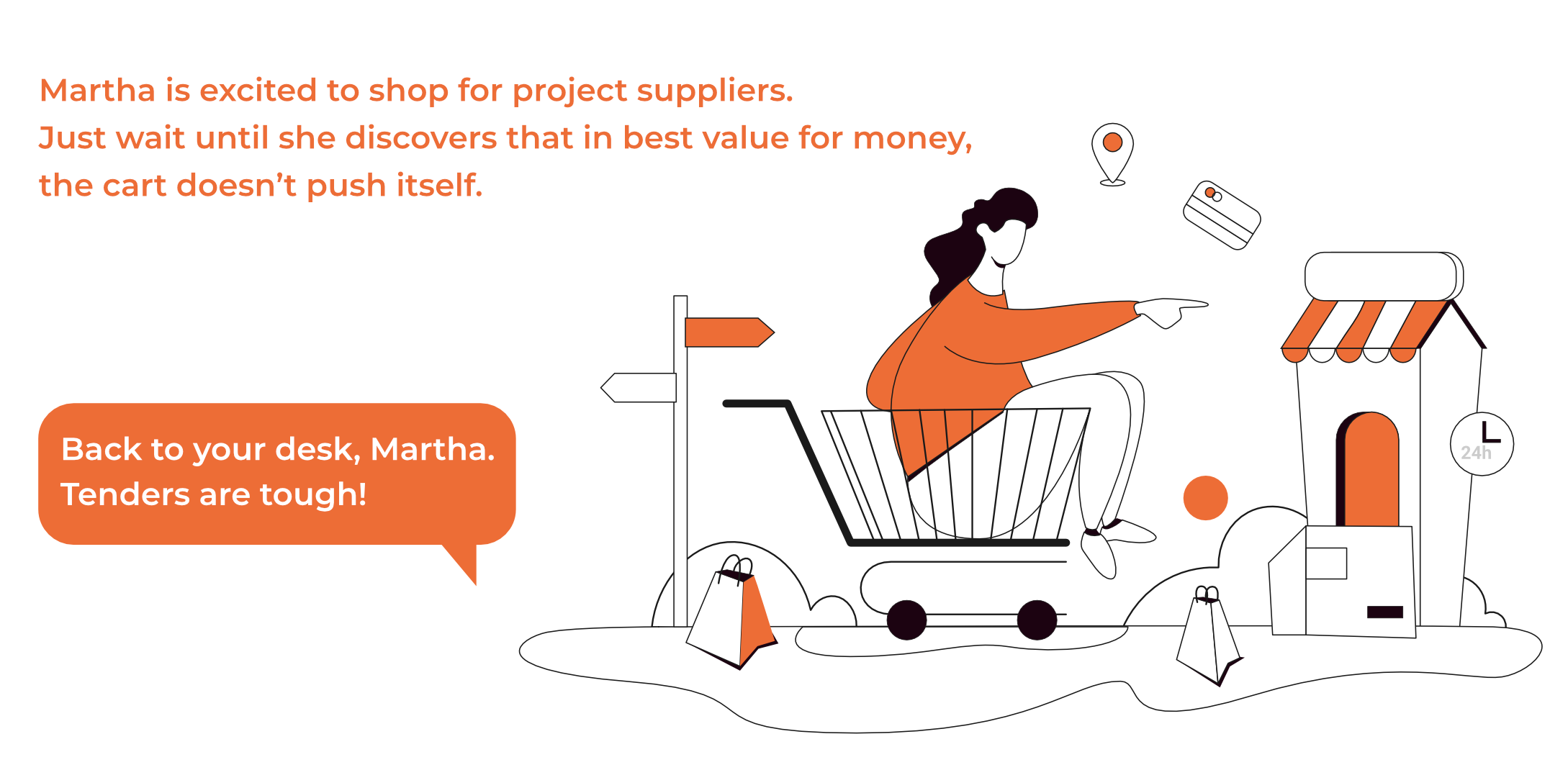
How to prove ‘best value for money’ in your Horizon Europe Project
Congratulations! You did it! After a rigorous application process, you’ve finally been selected as beneficiary of a coveted Horizon Europe grant. Then suddenly, as you go about pushing your innovation forward, the EC appointed auditor asks you “How are you achieving best value for money?” Don’t worry, we’ve got you covered.
What is best value for money?
To put it simply, best value for money means getting the most out of your much needed euros. However, that doesn’t always mean working solely with the cheapest suppliers. While price is indeed important, best value for money is the most advantageous combination of cost, quality, and suitability in selecting suppliers and/or subcontractors. While the European Commission is happy to support European innovation and technological advancement, they have a duty to ensure that public monies are being spent in a reasonable manner.
So how is this done?
Around the world, many countries have strict public procurement procedures to ensure that public entities avoid conflicts of interest, get the best product for the best price and of course avoid favouritism. Similarly, in the private sector, companies usually implement their own purchasing policies that are tailored to their specific activities. These rules will usually include a list of criteria to be used when choosing a supplier, thresholds for purchases without any oversight, and specific procedures dependent on the type of purchase. If your company already has one, then use it. But if it doesn’t, it is definitely advisable to develop one and we can help you.
Another good way to confirm that you’re achieving the best value or money is by publishing a call for tender and receiving multiple bids for the good or service you are looking to acquire.
Is a competitive procedure to prove best value for money always needed?
The short answer is of course not! Requesting multiple bids isn’t always necessary, for example if there’s a specialist with a monopoly in the market you’re interested in. However, you should always be able to demonstrate that the supplier you selected was the best choice.
Any other rules to respect?
Firstly, conflicts of interest must always be avoided when selecting suppliers and/or subcontractors.
Secondly, always keep proof! No matter the procedure you use or the supplier you select, you should always keep proof of your selection procedure in case of an audit. Keeping a paper trail in this instance can save you lots of time AND money.
Do you need help in ensuring your purchasing policies are in line with best value for money practices during your HE funded project? Contact us at hello@getpolite.eu and we’ll be happy to assist you!